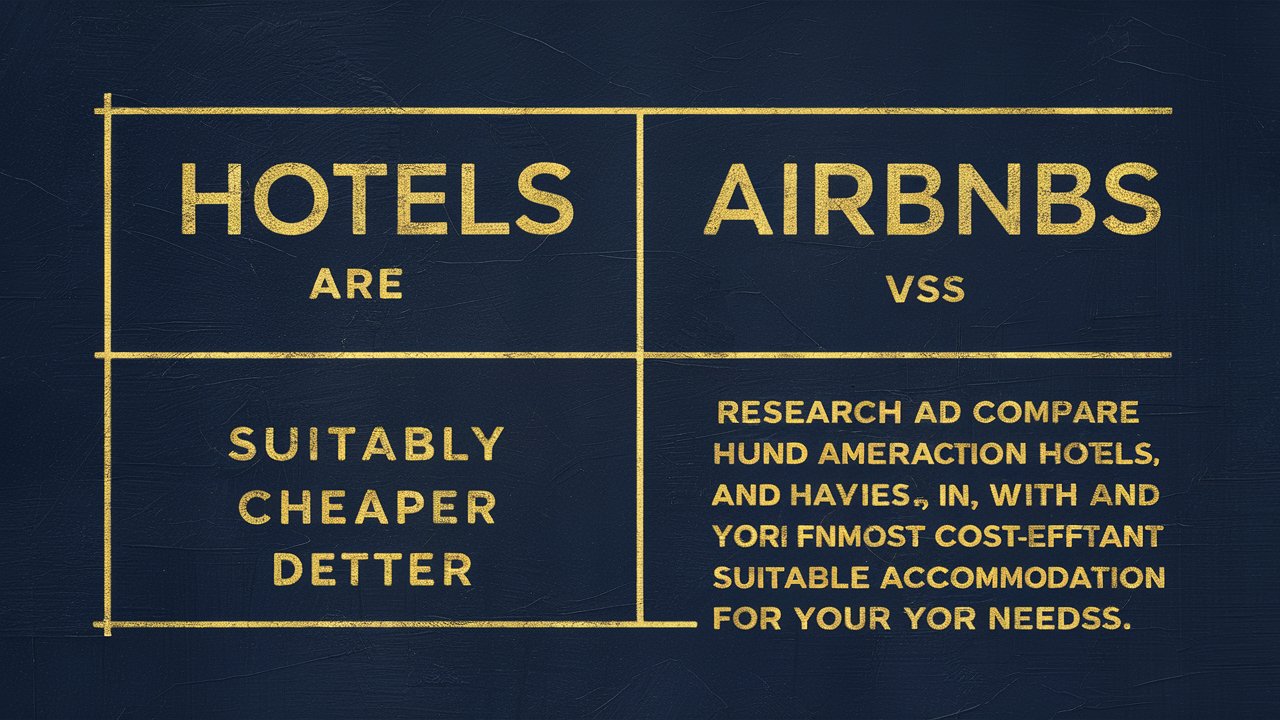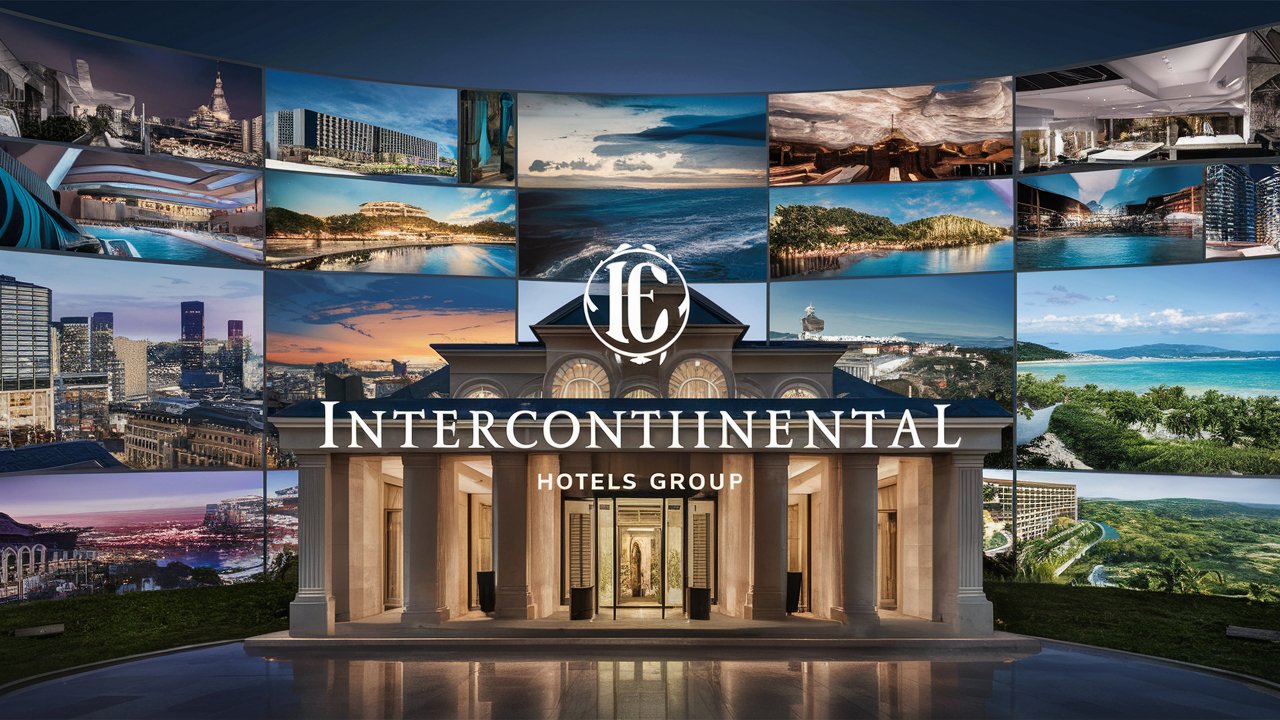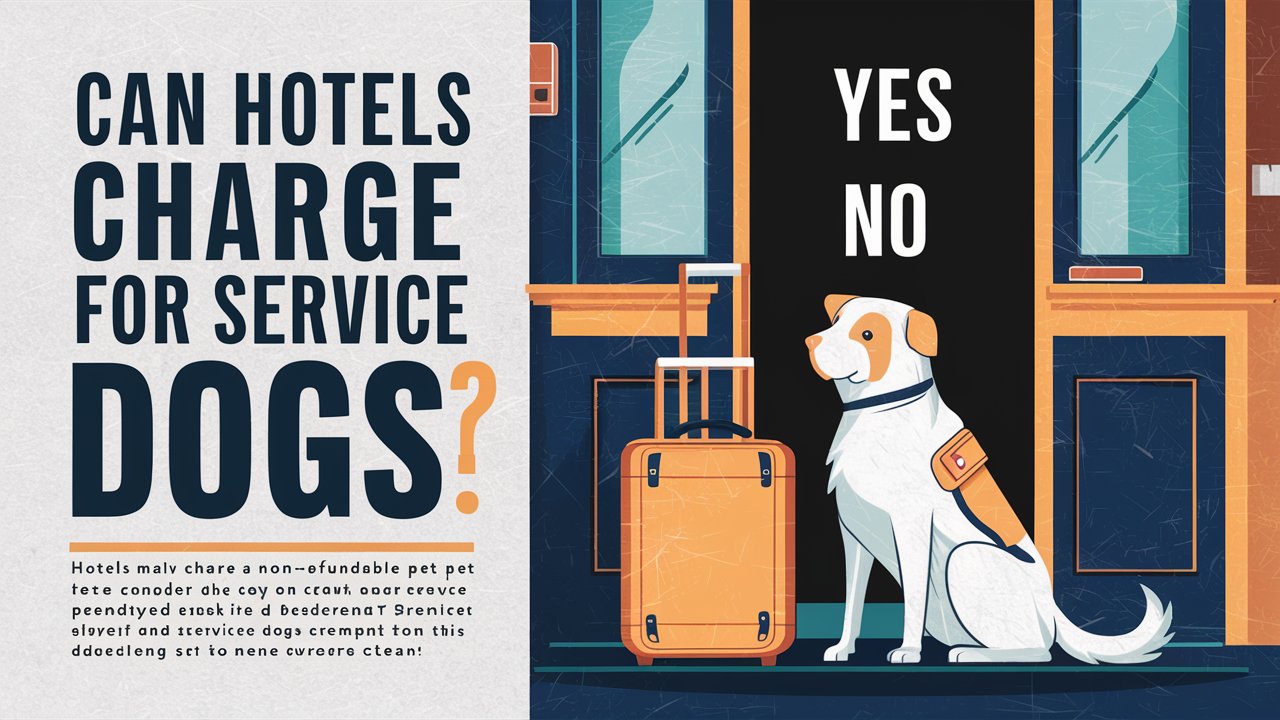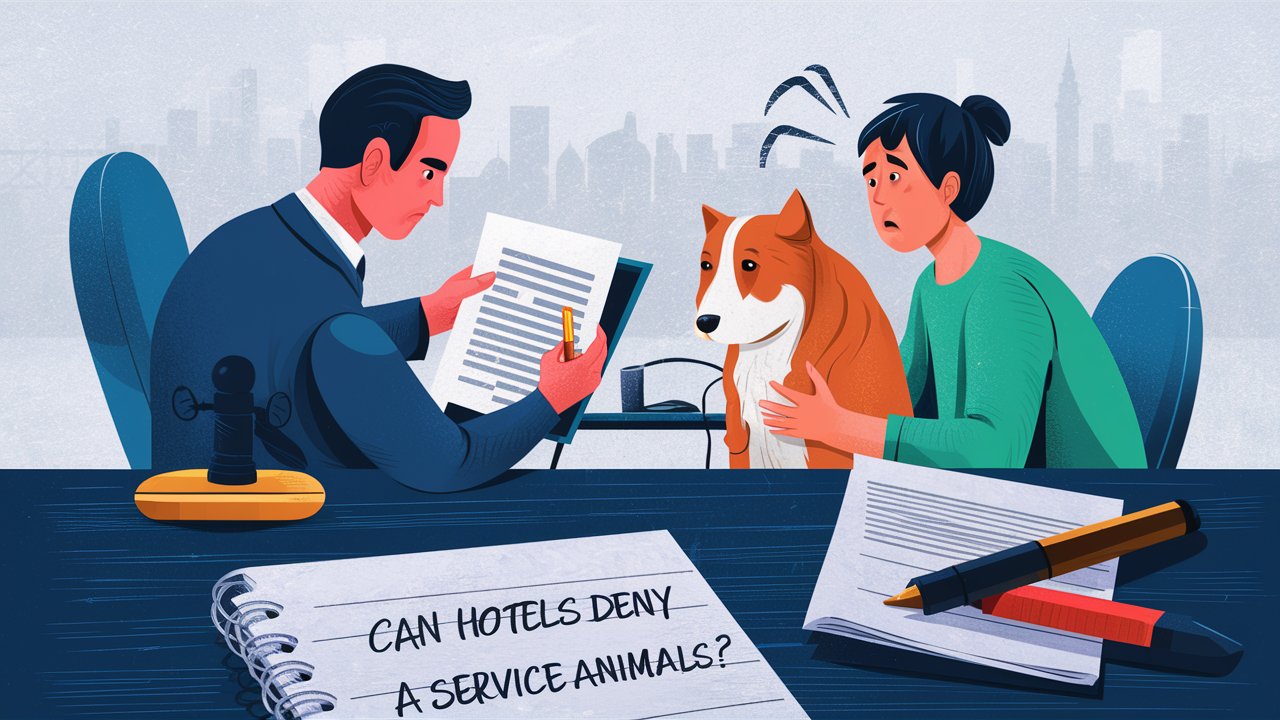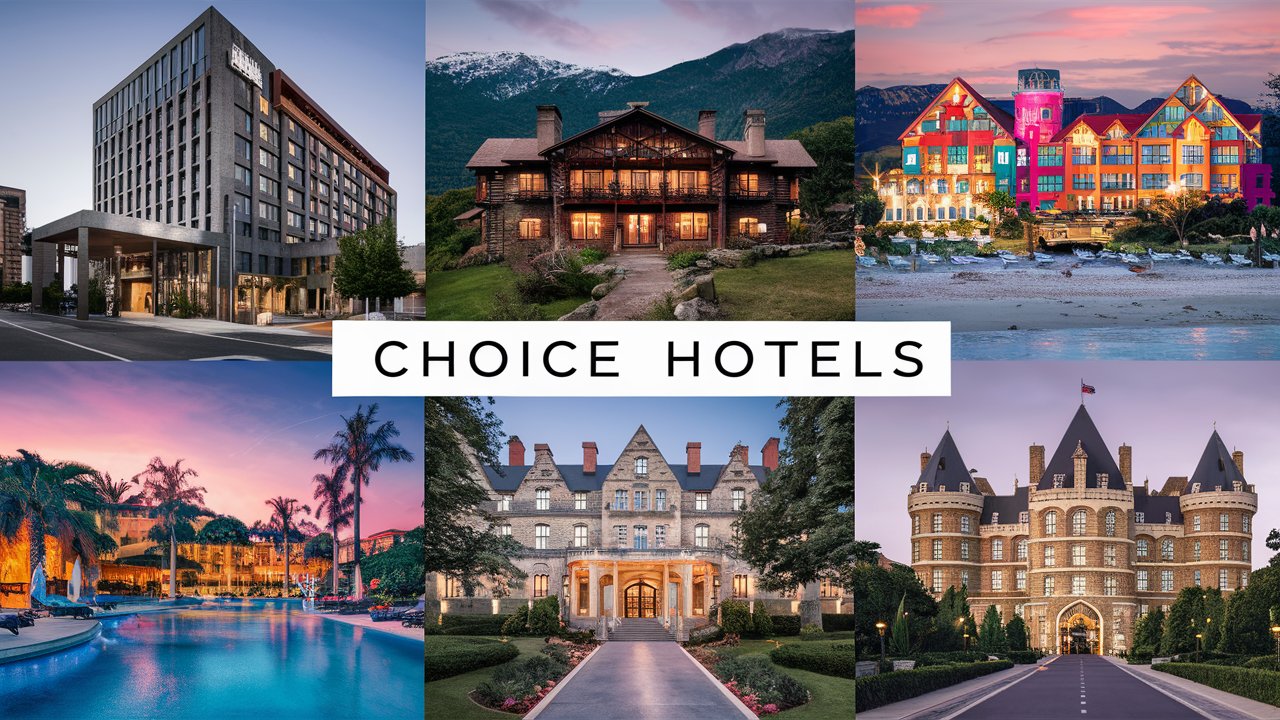In today’s travel landscape, accommodation plays a crucial role in planning any trip. Whether you’re embarking on a weekend getaway or a month-long adventure, one burning question often arises: Are hotels or Airbnbs cheaper? Let’s delve into the nuances of both options to help you make an informed decision.
Cost Factors
When comparing the cost of hotels and Airbnbs, various factors come into play. It’s essential to consider not only the base price but also additional fees, location, length of stay, seasonal variations, group size, and amenities.
Base Price Comparison
At first glance, the base price of booking a hotel room may seem higher compared to renting an entire Airbnb property. However, this initial assessment doesn’t tell the whole story. While hotels typically charge per night, Airbnbs often have a flat rate for the entire stay, which can sometimes make them more cost-effective for longer durations.
Additional Fees
While Airbnbs may appear more budget-friendly upfront, travelers should be mindful of potential hidden fees, such as cleaning fees, service fees, and taxes. Hotels may also tack on additional charges for amenities like parking, Wi-Fi, and resort fees, so it’s crucial to factor in all potential expenses when comparing prices.
Location Impact
The location plays a significant role in determining the cost of both hotels and Airbnbs. In popular tourist destinations or major cities, hotels may command higher prices due to demand, whereas Airbnbs in the same area might offer more competitive rates. Conversely, in remote or less touristy areas, hotels may be more affordable compared to limited Airbnb options.
Length of Stay
The length of your stay can also impact the overall cost-effectiveness of hotels versus Airbnbs. While hotels may offer discounts for extended stays, booking an Airbnb for a more extended period often results in more significant savings, especially when considering the flexibility of negotiated rates.
Seasonal Variations
Traveling during peak tourist seasons can significantly affect accommodation prices. Hotels tend to increase their rates during high-demand periods, such as holidays or special events. On the other hand, Airbnbs may offer more consistent pricing throughout the year, making them a more cost-effective option during peak seasons.
Group Size
For group travelers, the size of your party can influence the cost dynamics between hotels and Airbnbs. While hotels typically charge per room, Airbnbs often have a base rate for the entire property, making them a more economical choice for larger groups who can split the cost.
Amenities and Services
When comparing hotels and Airbnbs, it’s essential to consider the amenities and services included in each option. Hotels often provide conveniences like housekeeping, room service, and on-site facilities such as pools and gyms. In contrast, Airbnbs offer a more homelike experience with amenities like kitchens, laundry facilities, and sometimes access to local hosts who can provide insider tips.
Flexibility
Flexibility in booking and cancellation policies can impact the overall cost-effectiveness of your accommodation choice. While hotels may have stricter reservation terms, Airbnbs often offer more flexibility, allowing travelers to modify or cancel their bookings with less financial penalty.

Local Experience
One of the significant advantages of staying in an Airbnb is the opportunity to immerse yourself in the local culture and lifestyle. Unlike hotels, which can feel somewhat standardized, Airbnbs often provide a more authentic experience, allowing travelers to live like locals and discover hidden gems off the beaten path.
Safety and Security
Safety and security are paramount considerations when choosing accommodation. While hotels typically have established security measures in place, such as front desk staff and surveillance cameras, Airbnbs may vary in terms of safety protocols. It’s essential to read reviews carefully and communicate with your host to ensure a secure stay.
Personal Preferences
Ultimately, the decision between hotels and Airbnbs boils down to personal preferences and travel priorities. Some travelers prioritize convenience and amenities offered by hotels, while others value the flexibility and authenticity of Airbnbs. Consider your preferences, budget, and the nature of your trip when making your decision.
Real-Life Examples
To provide a practical perspective, let’s consider a couple of real-life scenarios. For a short weekend getaway in a bustling city, a centrally located hotel might offer convenience and easy access to attractions, despite a higher price tag. On the other hand, for a more extended stay in a quieter locale, renting an Airbnb could provide a more cost-effective and immersive experience.
Conclusion
In the eternal debate of hotels versus Airbnbs, there’s no one-size-fits-all answer. The cost-effectiveness of each option depends on a myriad of factors, including location, length of stay, group size, amenities, and personal preferences. By carefully weighing these considerations, travelers can find the accommodation that best suits their needs and budget.
FAQs
- Are Airbnbs always cheaper than hotels?
- Not necessarily. While Airbnbs often offer competitive rates, the overall cost depends on various factors such as location, length of stay, and group size.
- Do hotels offer better amenities than Airbnbs?
- It depends on your preferences. Hotels typically provide amenities like room service and on-site facilities, while Airbnbs offer a more homelike experience with amenities like kitchens and laundry facilities.
- Are there any hidden fees associated with booking Airbnbs?
- Yes, travelers should be aware of potential hidden fees such as cleaning fees, service fees, and taxes when booking Airbnbs.
- Which option is safer, hotels, or Airbnbs?
- Both hotels and Airbnbs prioritize safety and security, but it’s essential to research and read reviews to ensure a secure stay regardless of the accommodation choice.
- Can I negotiate rates with Airbnb hosts?
- In some cases, Airbnb hosts may be open to negotiation, especially for extended stays or during off-peak seasons. It never hurts to inquire politely.






